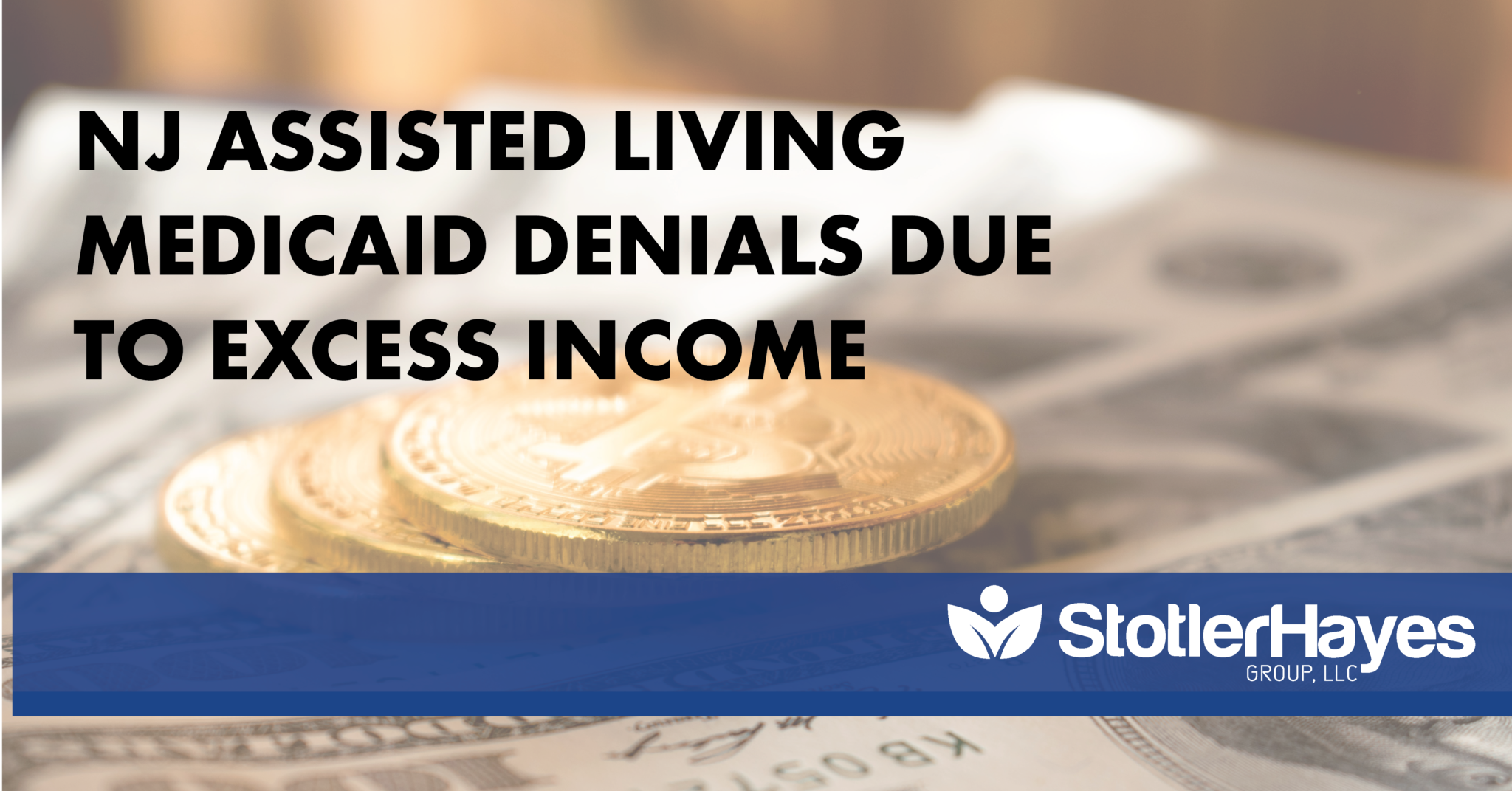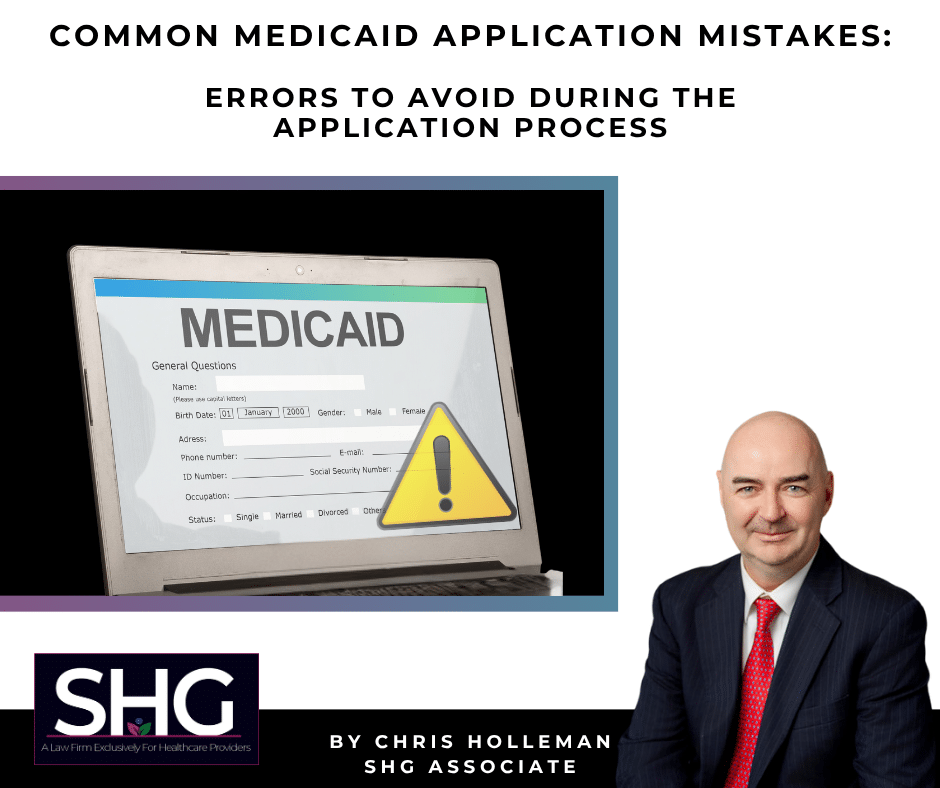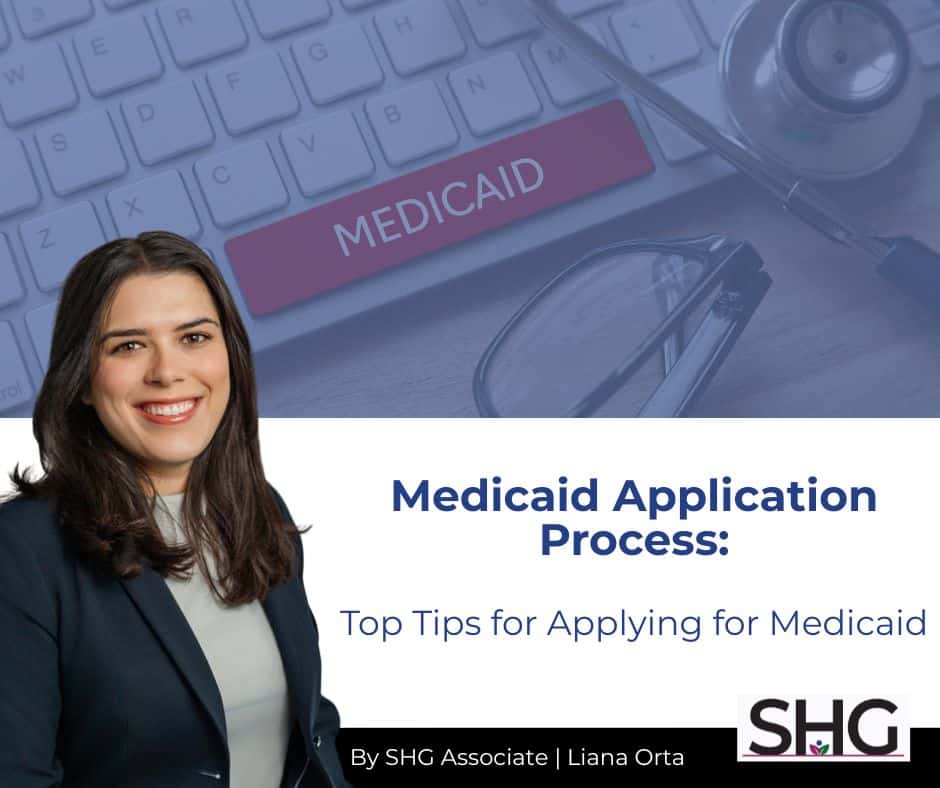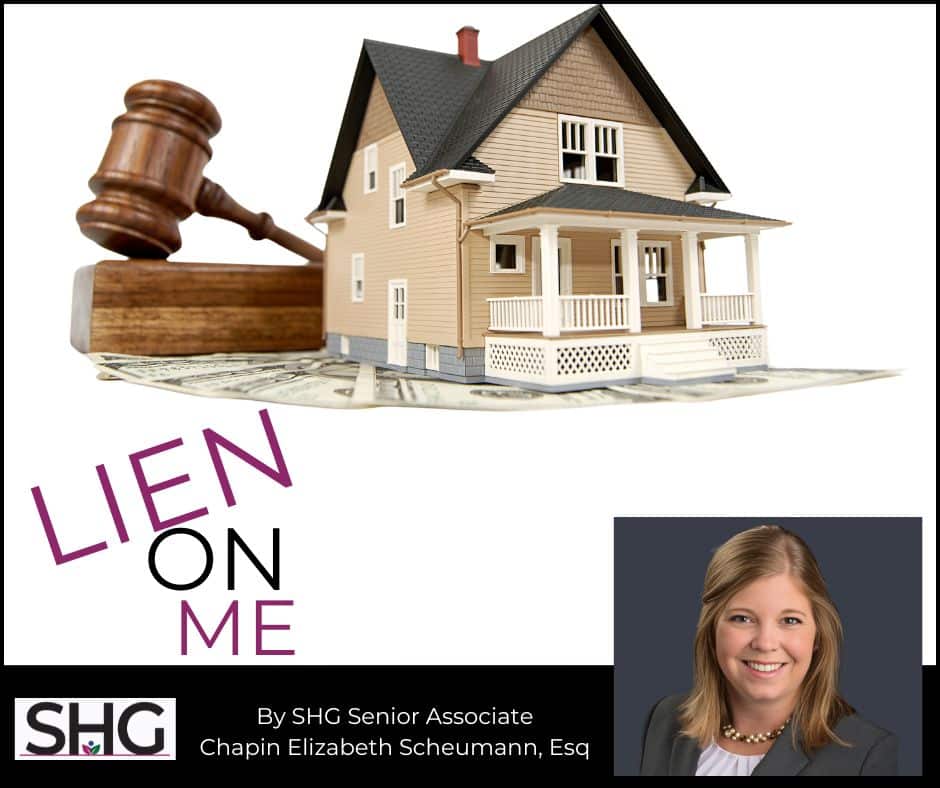The State of New Jersey has utilized Medicaid expansion to provide Medicaid coverage for Residents of Assisted Living Facilities (“ALF”). However, recently many Assisted Living Facilities and their Residents have experienced an increase in the issuance of denials for Medicaid coverage due to findings by the Department of Human Services, Division of Medical Assistance and Health Services (“DMAHS”) on the basis of excess income where Residents’ monthly income is below the monthly costs of room and board and other medical expenses, regardless of whether a Qualified Income Trust (“QIT”) is in place.
Stotler Hayes Attorneys, Charlotte Mastoridis and Rosalyn Scriven, recently participated in a Webinar offered by the New Jersey Chapter of the National Association of Elder Law Attorneys to discuss the legal position of the State and successful arguments against Medicaid denials issued by DMAHS on the basis of excess income in these circumstances.
Essentially, the State’s position has been that an ALF Resident is ineligible for the receipt of Medicaid benefits towards the cost of ALF care when their income exceeded the daily charges, inclusive of charges such as medication, but exclusive of room and board charges on the basis that room and board charges are not a medical expense covered under the Medicaid program. The State also takes the position that Medicaid only covers a semi-private room rate and not other room rates, such as a studio even where the Applicant had properly established and funded a QIT. New Jersey Attorneys have successfully argued that medical expenses include room and board charges and that the Medicaid eligibility requirements were being ignored by the State of New Jersey in violation of Federal Law, thus warranting Medicaid approval.
If your ALF is experiencing similar issues resulting in the denial of Medicaid eligibility towards the cost of ALF care, consider referring your case so that Stotler Hayes attorneys can assist you with addressing this issue, ensuring that the State of New Jersey complies with Federal Law and in securing Medicaid eligibility towards the cost of ALF care.






